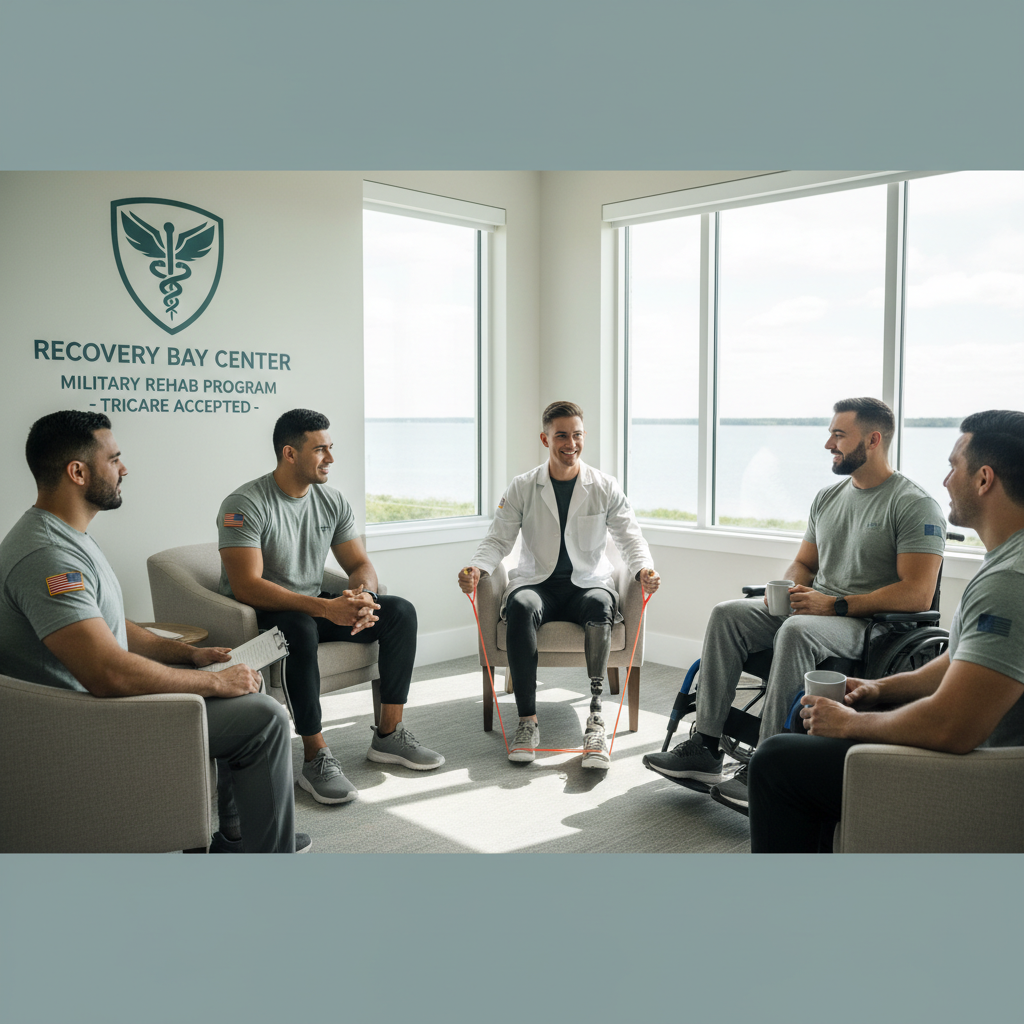If you’re noticing changes in mood, behavior, or daily habits—either in yourself or someone you care about—you may be asking whether substance use is becoming a problem. One powerful option to consider is understanding the benefits of group therapy for addiction. Group therapy offers a supportive environment where you can connect with others facing similar challenges, learn coping skills, and build a community that encourages lasting change. In the early stages of contemplation, exploring how this approach works can help you decide if it’s the right step on your recovery journey.
Understand group therapy basics
What is group therapy?
Group therapy brings together individuals who share a common goal—overcoming addiction. Led by one or more trained therapists, sessions focus on sharing experiences, learning new skills, and offering mutual support. More than 90 percent of substance use disorder treatment facilities offer group therapy as a primary focus, underscoring its widespread use [1].
How group sessions work
In a typical group therapy session you can expect:
- A facilitator who guides discussion and ensures a safe, respectful atmosphere
- Six to twelve participants sharing insights and feedback in turn
- Structured activities or topic prompts (for example, recognizing triggers)
- Confidentiality agreements to protect personal stories
Sessions may be open-ended or time-limited, and they often complement individual therapy or medication‐assisted treatment. To learn more about what role therapy plays in recovery, visit role of therapy in addiction treatment.
Explore therapy models
Different group formats target various aspects of recovery. Here’s an overview:
| Group model | Focus | Key benefit |
|---|---|---|
| Psychoeducational groups | Education on substance abuse and recovery | Increased self-awareness |
| Skills development groups | Coping strategies and relapse prevention | Practical tools for daily life |
| Cognitive behavioral groups | Identifying and changing thought patterns | Long-term relapse reduction |
| Support groups | Emotional support and peer feedback | Strengthened motivation |
| Interpersonal process groups | Exploring dynamics and relationships | Enhanced social skills |
Each model creates a supportive environment that addresses different stages of recovery. Whether you need to build coping skills or deepen self-reflection, there’s a group designed to meet your needs.
Discover key benefits
Reduce isolation and shame
Addiction often comes with feelings of isolation and self-judgment. In group therapy you’ll realize you’re not alone. Seeing others share struggles and successes can normalize your experience and break down feelings of shame.
Increase commitment and abstinence
Research shows that group therapy can be as effective as—and sometimes more effective than—individual therapy for promoting abstinence [2]. The shared accountability and regular check-ins encourage you to stay focused on your goals.
Improve coping and social skills
Group settings provide real-time practice of interpersonal skills. You can:
- Observe how others manage triggers
- Receive feedback on communication style
- Learn new coping strategies from peers
These insights translate directly into your daily life, helping you navigate stress without turning to substances.
Address co-occurring disorders
Many men facing addiction also deal with depression, anxiety, or PTSD. Group therapy can tackle these issues alongside substance use in a holistic way. To explore this intersection, see understanding co-occurring mental health and substance abuse.
Compare treatment approaches
Group versus individual therapy
A meta-analysis of 24 studies concluded that group therapy generally matches individual therapy in effectiveness for substance use disorders [1]. Group work often adds the benefit of peer support, which can boost motivation.
Group therapy with medication
Combining group therapy or group CBT with pharmacotherapy tends to reduce opioid use more than medication alone [3]. If you’re considering medication-assisted treatment, you can learn more at what is medication assisted treatment (mat).
Prepare for group therapy
What happens in a session?
When you attend your first session expect a brief orientation. You’ll meet the facilitator, review group guidelines, and introduce yourself. Sessions often begin with a check-in, followed by discussion or exercises tailored to the group’s focus.
For more on what to expect at a treatment center, see what should you expect visiting a rehab center.
Tips to engage effectively
- Be open and honest about your experiences
- Practice active listening and offer supportive feedback
- Respect confidentiality to build trust
- Set personal goals for each session
- Engage with homework or reflection exercises between meetings
Take next steps
Discuss options with professionals
If group therapy feels like a fit, reach out to a counselor or primary care provider to ask about programs in your area. You might prepare questions in advance—see questions to ask when considering rehab.
Learn about therapy programs
Explore local or online groups that align with your schedule and needs. You may also consider gender-specific options—how gender-specific treatment helps recovery—to join a community where you feel understood.
Group therapy can be the supportive environment you need to overcome addiction and build a foundation for lasting recovery. By connecting with others, learning proven strategies, and holding each other accountable, you’ll find motivation and hope on your journey to a healthier life.





